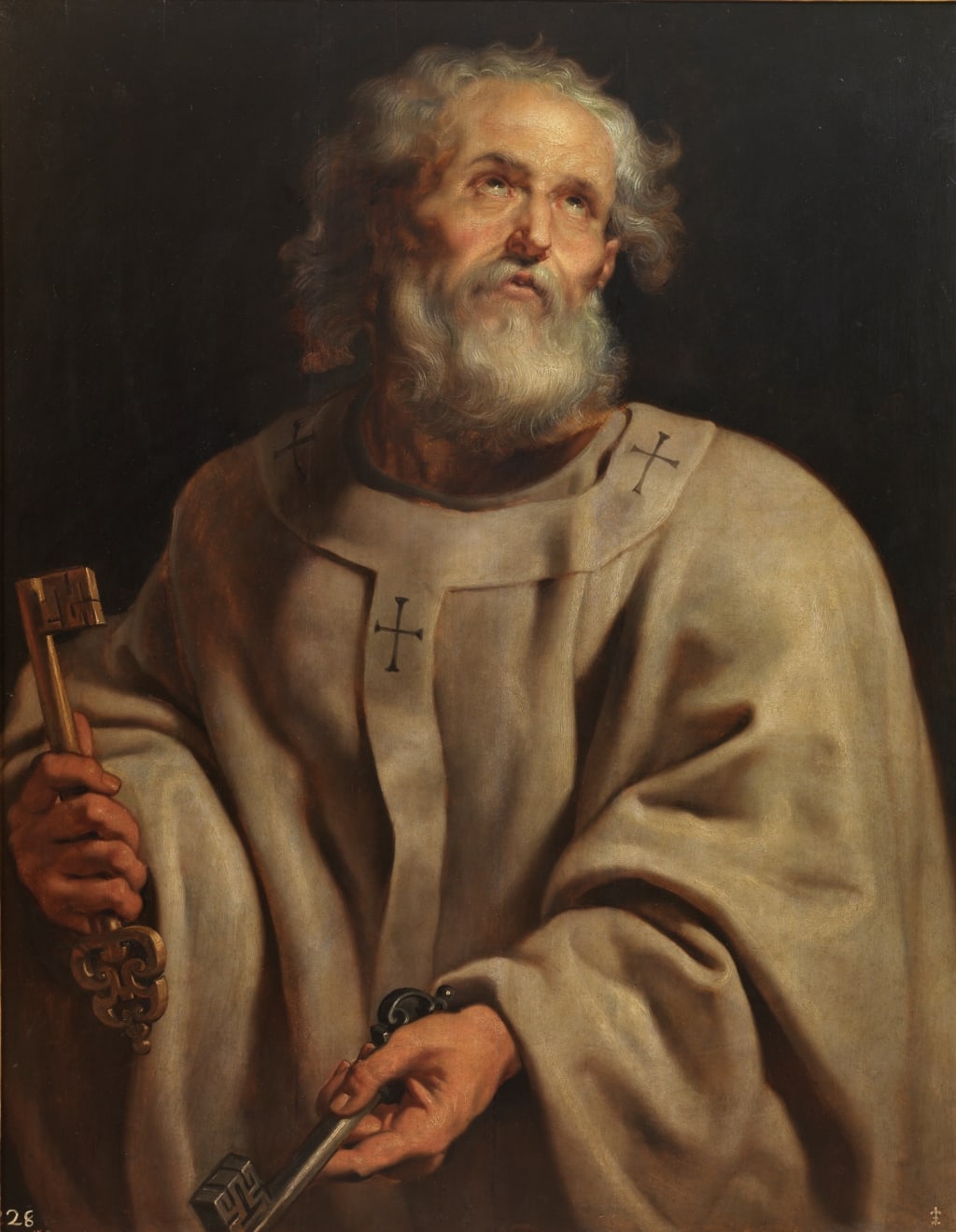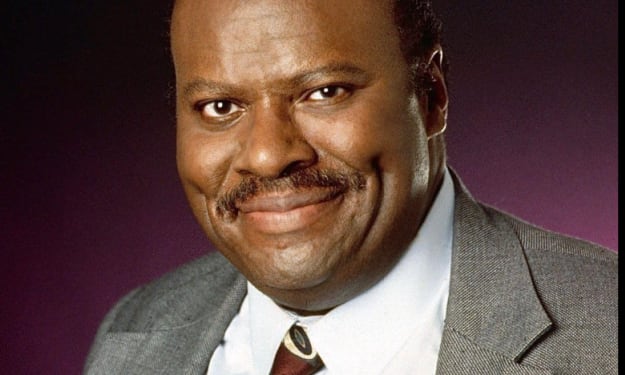A Filmmaker's Review: "Saints and Sinners: A History of the Papacy" (Amazon Prime)
2/5 - It is watchable but not the best I've seen...

There are many things that I have to say about this show and many notes that I have made and yet, unfortunately - I want this review to be nice and concise and so, I'm going to skip over the deeper stuff and cover what I think would interest you to know about this series.
First of all, it was hard to find. I'd heard of it but when actively searching for it on Amazon Prime, it doesn't render many results. This actually popped up in my recommendations and so, I recognised it and added it to my watchlist before it could disappear again. Now, I've watched many a documentary and read many a book on the history of the papacy and they have always been thoroughly interesting. This one is thoroughly interesting too but it is by no means the best documentary series I've seen on the history of the papacy.
First of all, the series is rather informative. It covers a wide array of information and history on each of the major eras of the papacy and does a good job at dividing up the sections for us so we can understand these different eras and differentiate between them. This is one thing I like. If you are new to studying the papacy then this is something you'll get the hang of - splitting the papacy into different eras and doctrines so that certain aspects of rule fall into certain time periods of history. It directly lines up and though it isn't uncommon, it is still nice to see that this is the initial format of the documentary.
However, when we take a look at the introduction to the episodes, it doesn't really draw you in. It is simply a series of images, some weird music playing in the background and some names flashing in blue on the screen. There is nothing that would make you want to sit through it if you were new to studying the papacy. The introduction is rather boring and so this is a fault that deducts one mark from the five initially available.
When we look at the episodical nature of the documentary, we've already established that the episodes are split by papacy time period and era. But when we look at episode one which is primarily about Saint Peter, we find that most of the information in this documentary is clearly aimed at a newer, less papacy-educated audience seeing as the information is stuff that a reader in the subject would already know. Now, this confuses me because I initially thought that because of the very rigid and standard nature of the documentary and the somewhat boring opening, that it was aimed at an audience of readers into the subject rather than newer audiences. But, looking at the information in episode one, I have seen that it is trying to aim at newer audiences and so - I don't believe that from episode one, this documentary knows which audience it is aimed at. This is a fault and from the initial five, another mark has been deducted.
Not knowing your audience could put your work in strife. Especially with a documentary. If you are aiming at a reading audience (an audience that knows the subject well) you want rigidity and scholarly information of a high and critical degree, but if you're aiming at a newer audience then you want to focus primarily on entertainment value and add the critical stuff afterwards if you get time. This means for the newer audience, focus on what would get them interested instead of what you can critically analyse.
Apart from episode 3 having some choppy cinematography, most of it seems to be well produced and looks rather professional. Be that as it may, again there are faults on the topic of knowing an audience in episode 3 that pop up from time to time.
I have also noticed that there is an extensive amount of time paid to the crusades and to the papacy of Gregory. This, in comparison to the other detailed papacies in the series, is far longer and more intense. This is another aspect of not knowing an audience. Going into intense critical details shows us that the audience is a reading audience and not a new one. A point has already been deducted and so it wouldn't be fair to deduct another for the same fault.
But another point has to be deducted for the way in which the show develops through the series. As we get to the newer popes and the more modern church, the series seems to become progressively boring. There lacks the magical and grand shots from the first episodes and the atmosphere produced by the historical ones. As we get closer to the modern era it seems like the filmmaker is almost starting to give up. The information becomes more matter-of-fact and the atmosphere lifts completely. It leaves you wondering why you should watch the final episodes, but you should to complete the series. Though, they are not as well thought about as the first few.
In conclusion, the show is pretty good, but there are some major faults that need repairing. I would watch it for yourself and find out what is right and what is wrong in your eyes. I have found that the main fault is that the show doesn't know its audience. It is aiming anywhere and everywhere, hoping to hit something.
About the Creator
Annie Kapur
200K+ Reads on Vocal.
English Lecturer
🎓Literature & Writing (B.A)
🎓Film & Writing (M.A)
🎓Secondary English Education (PgDipEd) (QTS)
📍Birmingham, UK






Comments
There are no comments for this story
Be the first to respond and start the conversation.